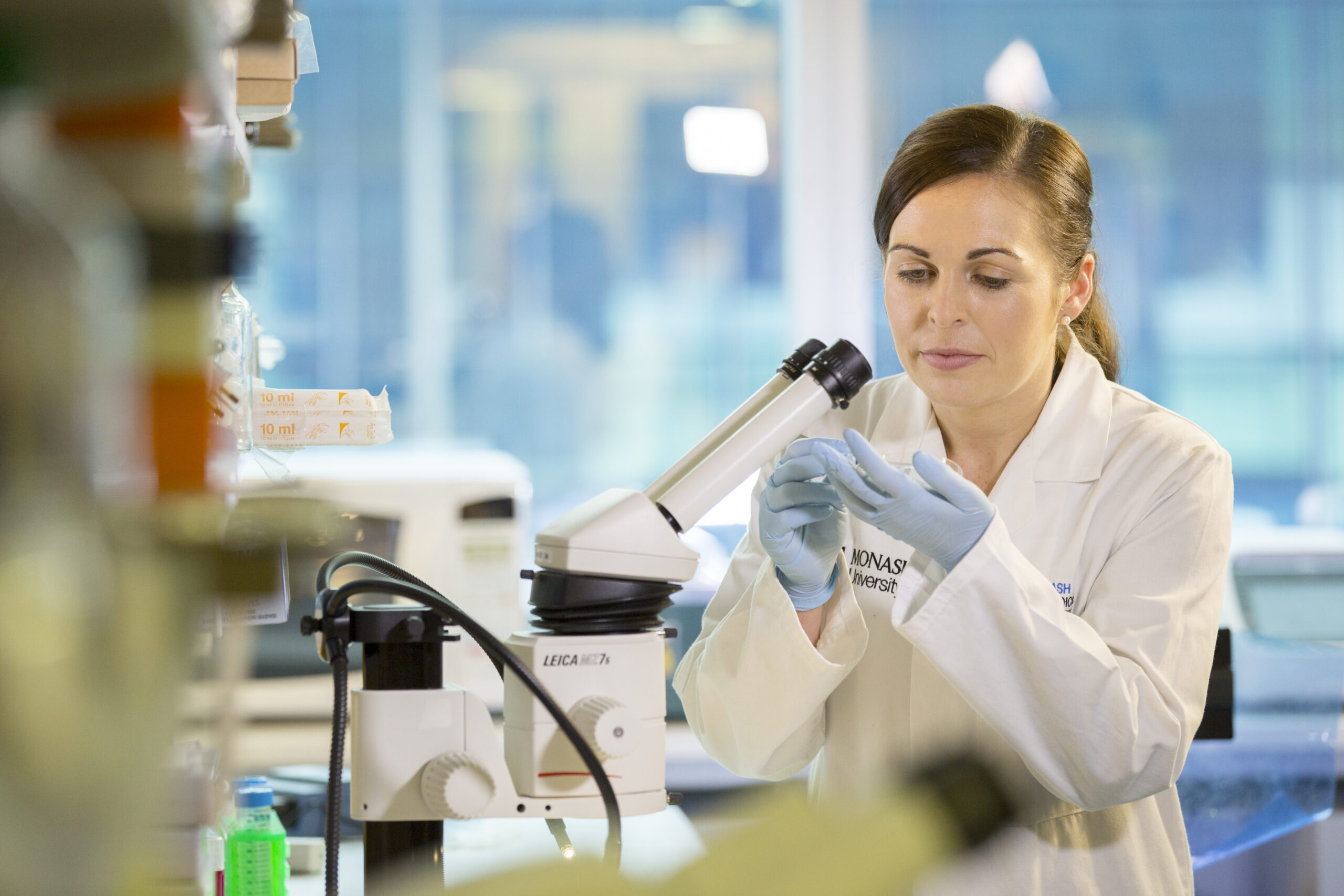2023 Cabrini Research Grants: Discovering the Future of Medical Innovation for our Community
11/08/2023

In the rapidly evolving field of medical research, Cabrini Research continues to make strides in innovative healthcare delivery. From our Malvern home, this year has seen the success of seven internal grants, funded for their potential to deliver clinical impact not only for our patients and their families, but also the global health community.
The Auric Innovation Fund, recognising leaders creating new pathways of excellence in their respective fields, has been awarded to Dr Rebekah Engel, Cabrini Monash Department of Surgery, for her work on computational pathology. This novel approach, aimed at identifying bowel cancer patients at risk of relapse, addresses inaccuracies that result from existing tumour-based diagnostic approaches. Representing a paradigmatic shift in predictive oncology, the project embodies Cabrini Research’s commitment to harnessing innovative technology for patient-centric care.
This sort of innovation is central to the work of our researchers, who share a mutual understanding as to its transformative potential in the future of healthcare. Dr Yen Lim’s integration of artificial intelligence (AI) in medical diagnostics and treatment seeks to refine patient selection for focal therapy in prostate cancer treatment, ensuring targeted and effective outcomes. Dr Isabella Smith explores the barriers and enablers of implementing best practice physiotherapy advice for rotator cuff disorders. Her research project will compare the effectiveness of single-session interventions, as opposed to conventional multiple-session rehabilitation approaches.
In cancer research, Dr Eva Zopf’s ChemoFit Study and Dr Carolina Lliberos’s application of patient-derived organoids were recognised this year and form a critical bridge to a more comprehensive approach to integrative oncology. Dr Zopf’s research delves into the benefits of exercise during chemotherapy, aiming to redefine post-surgical treatment. Additionally, Dr Lliberos’s project seeks to develop personalised therapeutic strategies for ovarian cancer, addressing the on-going challenge of high recurrence and morbidity specific to this cancer type.
The significant growth in Cabrini’s cardiology research continues through the work of Associate Professor Dion Stub and Dr Swati Mukherjee. Professor Stub’s SAFER-TAVI Trial aims to transform clinical practice in the treatment of aortic stenosis, while Dr Mukherjee’s research focuses on enhancing predictive tools for cardiovascular disease in women, addressing significant socio-economic gaps evident in current delivery methods.
Through their work, our researchers seek to realise Cabrini’s commitment to community-focused research of global importance. The challenges in navigating between these two goals are met by this year’s successful grant applicants, each exploring ways in which the patient experience can be optimised for the present, while pushing the boundary of what is possible for the future. Cabrini Research looks forward to the next generation of preventative, diagnostic, and therapeutic advances resulting from their work.
Congratulations to all our successful grantors.